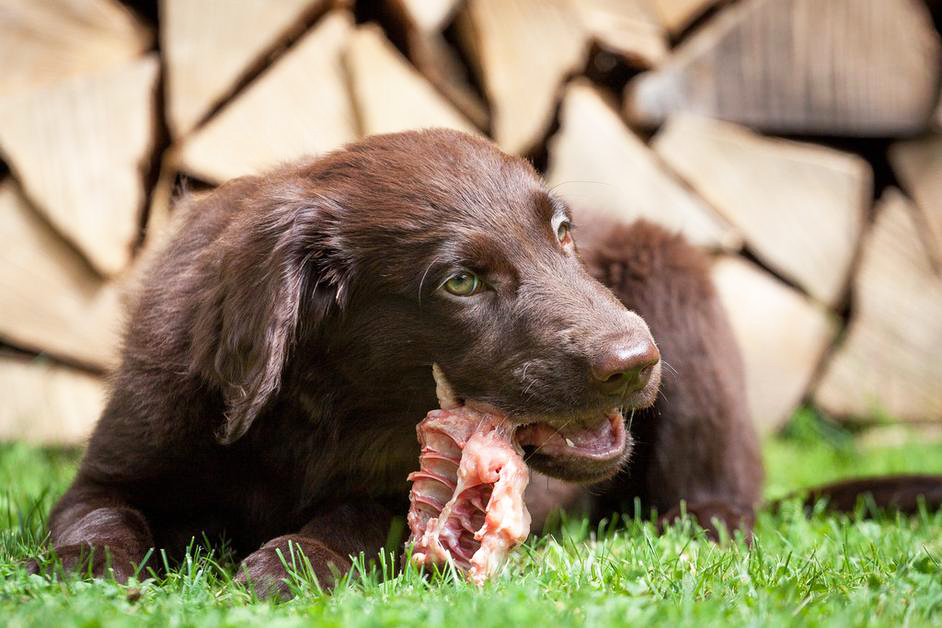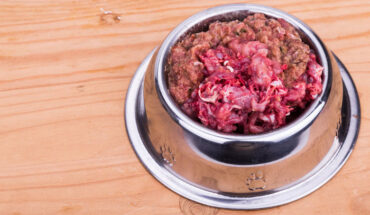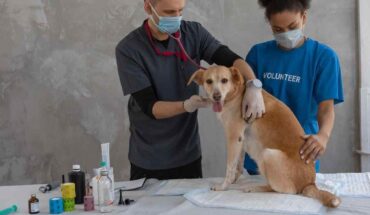It is no surprise that pet owners want what is best for their furry companions. When it comes to diet, there are various options, which can make choosing the right one overwhelming. raw diet for dogs has been gaining popularity in recent years. But what do vets have to say about raw diets for dogs? While opinions vary, many vets claim that a raw dog diet has potential health benefits and could be beneficial for certain pups.
- Vet’s Perspective on Feeding Raw
Veterinarians may have different perspectives on the matter, but most agree that each dog’s needs must be considered when deciding which type of food to feed them. The primary concern with raw diets is that they must be nutritionally balanced or complete, like commercially available products.
- Common Concerns of Vets
The biggest concern many vets raise when discussing a raw food diet for dogs is safety. Raw meats can contain bacteria such as salmonella and e-coli, which can make humans and animals sick if not properly handled or cooked thoroughly. Vets recommend ensuring all meat used in a raw food diet is fresh, safe, and handled according to USDA standards to reduce the risk of contamination.

Examples of Vet-Recommended Recipes
One recommended recipe involves:
- Grinding up chicken or turkey with bones and organs included.
- Mixing it with vegetables like broccoli or spinach.
- Adding in supplements like fish oil or flax seed meal for extra nutrition.
This combination provides your pup with essential vitamins, minerals, and plenty of protein from lean meats.
- Making Decisions about Raw Diet
Raw diets for dogs have been growing in popularity, but there is still much debate about whether it is the best choice for your pet. Some vets claim that a raw diet for dogs can be beneficial, while others express concern about potential health risks associated with this type of diet. Understanding what vets are saying on both sides of the argument can help owners make an informed decision when choosing a diet for their beloved pup.
Veterinarians who advocate a raw diet emphasize its nutritional value and claim that it can provide more natural nutrition than commercially available food. In addition, they argue that a raw diet can improve digestion, reduce allergies and improve dental health. However, other veterinarians point out potential problems with bacteria contamination, nutrient deficiencies, and problems related to choking or intestinal blockage due to bones in the raw food.
Conclusion:
Your vet can provide personalized advice regarding the potential benefits and risks associated with this type of diet and recommend specific brands or types of food that may be most appropriate for your pup. Ultimately, feeding your pet a well-balanced diet of cooked and uncooked foods is likely the best way to ensure they stay happy and healthy.




